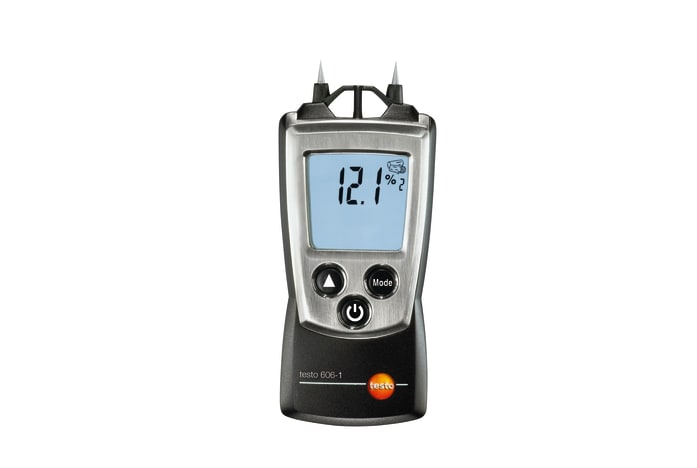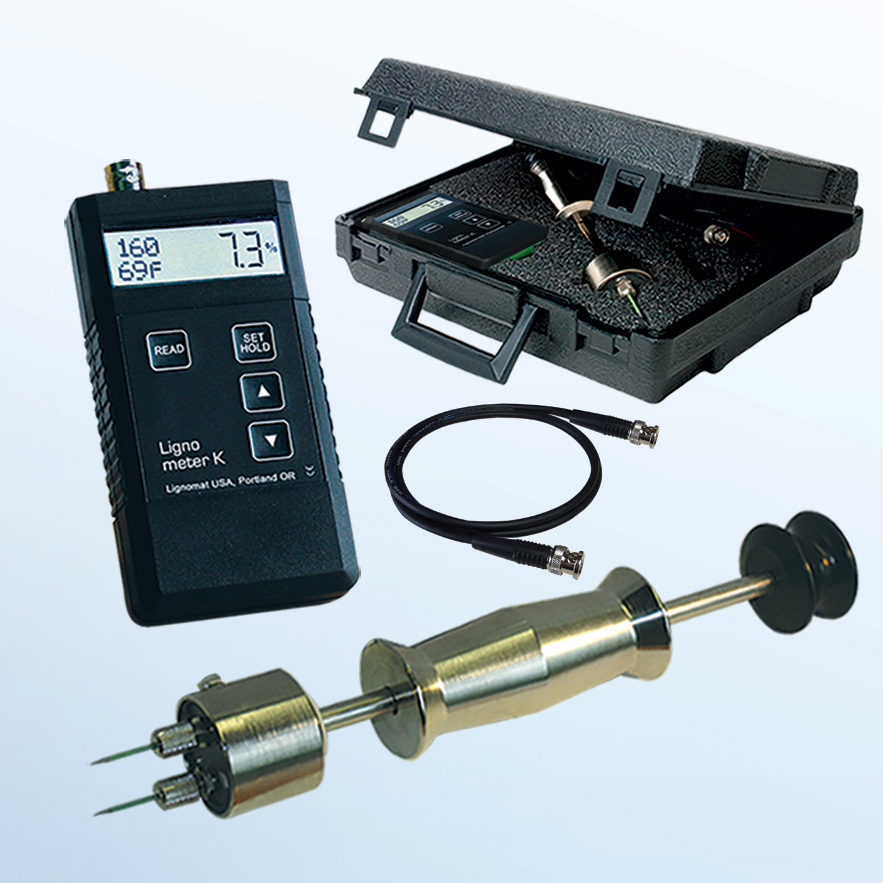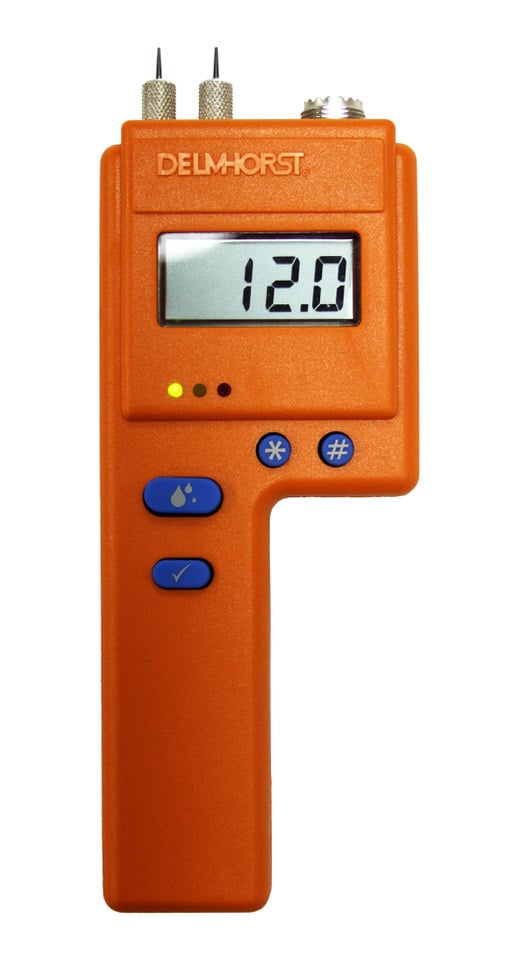The Ultimate Guide to Choosing the Right Moisture Meter for Your Requirements
The Ultimate Guide to Choosing the Right Moisture Meter for Your Requirements
Blog Article
The Ultimate Overview to Moisture Meters: A Comprehensive Overview and How They Can Save You Money
In the realm of structure maintenance, building, and numerous sectors, the value of properly gauging wetness degrees can not be overstated. Wetness meters function as important tools in finding and monitoring moisture web content in products, helping in avoiding expensive problems and making certain the top quality of products. Recognizing the nuances of various types of moisture meters, their applications, and the possible cost-saving benefits they offer can be a game-changer for specialists and companies alike. Discovering just how these tools can not only simplify processes yet also add to economic cost savings is a journey worth getting started on.
Kinds Of Moisture Meters
One typical type is the pin-type dampness meter, which determines the electric resistance in between two pins put right into a product. Pinless wetness meters, on the other hand, usage electro-magnetic sensor plates to scan a bigger area without triggering damages to the product's surface area.
Infrared wetness meters measure the thermal residential or commercial properties of a material to establish its wetness material non-invasively, making them valuable for applications where pin or pinless meters may not be ideal. Comprehending the different kinds of wetness meters available can help industries choose the most suitable device for their particular wetness measurement demands.

Benefits of Using Moisture Meters

Moreover, using moisture meters can cause increased power performance. By determining areas with high wetness levels, such as leakages or inadequate insulation, adjustments can be made to boost energy preservation and decrease energy costs. In agricultural settings, dampness meters play a vital role in maximizing crop returns by enabling farmers to keep track of dirt moisture degrees and make notified irrigation choices. Overall, the advantages of utilizing dampness meters span throughout various markets, supplying economical services and advertising better high quality control techniques.
How to Pick the Right Moisture Meter
Picking the appropriate wetness meter involves considering key aspects such as product compatibility, dimension variety, and calibration accuracy. When selecting a moisture meter, it's important to make certain that the meter is appropriate for the certain product you will certainly be testing. Various materials have varying electrical homes that can affect wetness readings, so selecting a meter made for your material is important for precise outcomes. Additionally, take into consideration the dimension variety of the moisture meter. Ensure that the meter can discover wetness levels within the array required for your applications. Calibration accuracy you can try these out is an additional vital element to remember (Moisture Meter). Select a wetness meter with reputable calibration to make certain precise and consistent analyses. Some meters may require periodic calibration modifications, so understanding the calibration procedure is necessary. By thoroughly reviewing these elements, you can select a wetness meter that satisfies your demands and provides accurate wetness measurements for your tasks.
Appropriate Techniques for Moisture Meter Usage
To make sure exact moisture analyses and optimize the performance of a moisture meter, using appropriate techniques is important. try this When using a pin-type dampness meter, insert the pins or probes right into the material being tested up until they make full call. By following these appropriate techniques, users can depend on their wetness meter to offer reliable moisture degrees, helping in preventing pricey damages or making sure high quality in different applications.

Cost Cost Savings With Moisture Meter Applications
Just how can the tactical utilization of dampness meters lead to considerable price financial savings throughout different industries? In the agriculture sector, dampness meters help in establishing the optimum time for collecting crops, stopping over-drying or excess wetness that can influence the last item's high quality.

Furthermore, in the food handling sector, wetness meters are necessary for keeping have a peek at these guys an eye on product high quality and making sure compliance with safety guidelines. By precisely determining moisture material in food, makers can avoid perishing, preserve quality, and minimize waste, leading to significant price financial savings. Generally, the tactical application of dampness meters is a valuable investment that can cause substantial expense reductions and boosted efficiency throughout numerous sectors.
Final Thought
In final thought, wetness meters are important devices for gauging and detecting moisture levels in numerous materials. By making use of the right moisture meter and adhering to appropriate techniques, customers can properly stop pricey damages triggered by excess wetness.
Moisture meters serve as important devices in identifying and monitoring moisture material in products, aiding in stopping expensive damages and guaranteeing the top quality of items. Infrared wetness meters gauge the thermal residential or commercial properties of a material to establish its moisture content non-invasively, making them helpful for applications where pin or pinless meters may not be appropriate.Moisture meters use indispensable benefits in properly keeping track of and assessing dampness levels in varied materials and settings. In farming setups, wetness meters play a vital function in optimizing crop yields by making it possible for farmers to monitor dirt wetness levels and make informed irrigation decisions.In conclusion, wetness meters are beneficial tools for gauging and detecting wetness degrees in different products.
Report this page